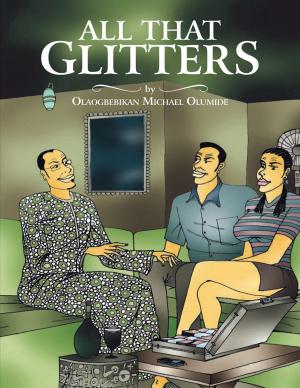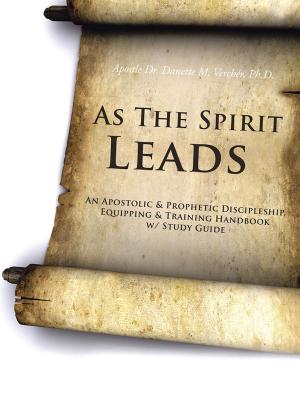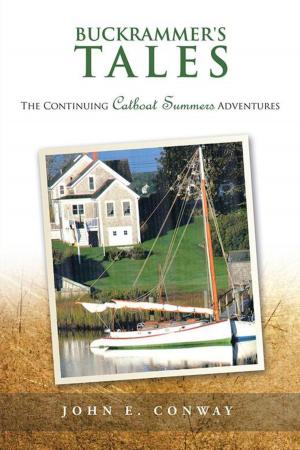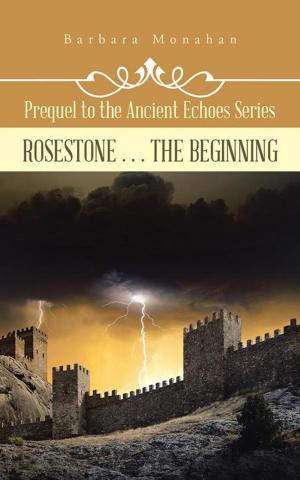The Historical Background That Lead to the Expansion into the "Connecticut Western Reserve"
Nonfiction, History| Author: | Arthur R. Bauman | ISBN: | 9781410707499 |
| Publisher: | AuthorHouse | Publication: | December 23, 2003 |
| Imprint: | AuthorHouse | Language: | English |
| Author: | Arthur R. Bauman |
| ISBN: | 9781410707499 |
| Publisher: | AuthorHouse |
| Publication: | December 23, 2003 |
| Imprint: | AuthorHouse |
| Language: | English |
Nearly 4 centuries ago, beginning with the British Empire under the reign of King Charles I. The europeans had the great conception of worldly expansion, and eventual trade. In realities , they were competing against other european nations that were on their way to world colonization. By the late 16th century, France and Spain had allready discovered, and colonised the north american continent. Britain, wanted into the game, and soon, began to sail, and eventually colonise areas, which would be beneficial to the empire. After a failed attempt to colonise the americas in the late 16th century, Britain, made another attempt in the early 17th century(1607) in the Jamestown Colony, which eventually succeeded, and lead to the first colony for Britain. Which in turn lead to the succession of the colonisation of New England. Britain, had something else in mind. The empire wanted to expand all the way to the Pacific Ocean, and to rid itself of the French fur traders, and Spanish colonists. The colonies of Virginia, and Massachusetts, were the most successful in agriculture, mercantilism, and shipping. King Charles I, allowed them to expand westward clear to where the eyes could see, and colonise it. However, Virginia gained the most control of land, and into the Ohio River Valley. There were a few squabbles between the Massachusetts colony,and Connecticut. The colony of Connecticut was granted the land to the 41st degree, by the 42nd degrees exactly west of the northern, and southern borders of Connecticut. The Ohio valley became an important area west of the Appalachain Mountains which was forbidden for exploration by the american colonists. But turned itself around by the mid 18th century in the French, and Indian War, in which Britain defeated the French, and took control of The Ohio River to the great lakes. The territory of Ohio played an important role during this episode. The French and Indian War,(1756) lead to the American Revolution, due to almost bankrupting Britain. The Western Reserve held to its own, and was left intact against the Virginia Military tracts in the southern end of the Ohio territory. But still the territory was not allowed to be explored, with the exception of the royal surveyors, supported by the British Army. Britain, decided to tax the colonies to repay the empire for the French and Indian War, in which lead to dissention. By April 17, 1775, in Lexington Massachusetts, the American Revolution had commenced, and did not know if they were going to survive. Besides, the colonies were fighting the mother country, who had the greatest army in the world.
By the year 1783, Britain conceeded to a cease fire. The 13 colonies eventually were free, but the Declaration of Independance was actually in 1776. After a few failed attempts to colonise west of the Appalachains, the Western Reserve held to its own. But after the Revolutionary War, became a "White Elephant". It became a burden to the Connecticut taxpayers, and eventually began to sell the land. For the length of 120, by 67 miles wide, was sold to investors of the Connecticut land company.
Nearly 4 centuries ago, beginning with the British Empire under the reign of King Charles I. The europeans had the great conception of worldly expansion, and eventual trade. In realities , they were competing against other european nations that were on their way to world colonization. By the late 16th century, France and Spain had allready discovered, and colonised the north american continent. Britain, wanted into the game, and soon, began to sail, and eventually colonise areas, which would be beneficial to the empire. After a failed attempt to colonise the americas in the late 16th century, Britain, made another attempt in the early 17th century(1607) in the Jamestown Colony, which eventually succeeded, and lead to the first colony for Britain. Which in turn lead to the succession of the colonisation of New England. Britain, had something else in mind. The empire wanted to expand all the way to the Pacific Ocean, and to rid itself of the French fur traders, and Spanish colonists. The colonies of Virginia, and Massachusetts, were the most successful in agriculture, mercantilism, and shipping. King Charles I, allowed them to expand westward clear to where the eyes could see, and colonise it. However, Virginia gained the most control of land, and into the Ohio River Valley. There were a few squabbles between the Massachusetts colony,and Connecticut. The colony of Connecticut was granted the land to the 41st degree, by the 42nd degrees exactly west of the northern, and southern borders of Connecticut. The Ohio valley became an important area west of the Appalachain Mountains which was forbidden for exploration by the american colonists. But turned itself around by the mid 18th century in the French, and Indian War, in which Britain defeated the French, and took control of The Ohio River to the great lakes. The territory of Ohio played an important role during this episode. The French and Indian War,(1756) lead to the American Revolution, due to almost bankrupting Britain. The Western Reserve held to its own, and was left intact against the Virginia Military tracts in the southern end of the Ohio territory. But still the territory was not allowed to be explored, with the exception of the royal surveyors, supported by the British Army. Britain, decided to tax the colonies to repay the empire for the French and Indian War, in which lead to dissention. By April 17, 1775, in Lexington Massachusetts, the American Revolution had commenced, and did not know if they were going to survive. Besides, the colonies were fighting the mother country, who had the greatest army in the world.
By the year 1783, Britain conceeded to a cease fire. The 13 colonies eventually were free, but the Declaration of Independance was actually in 1776. After a few failed attempts to colonise west of the Appalachains, the Western Reserve held to its own. But after the Revolutionary War, became a "White Elephant". It became a burden to the Connecticut taxpayers, and eventually began to sell the land. For the length of 120, by 67 miles wide, was sold to investors of the Connecticut land company.















